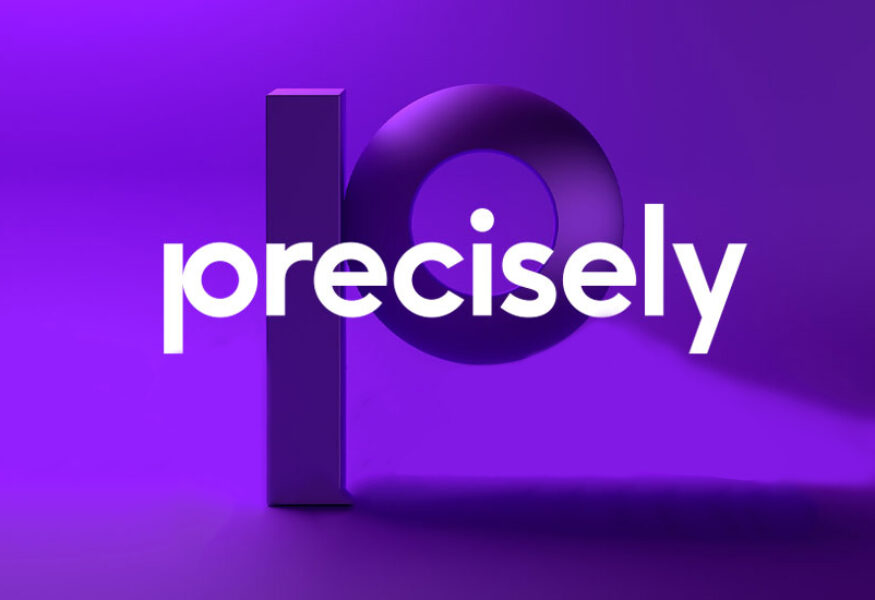Data collections can be a veritable goldmine for businesses and organisations. But organisations don’t always realise this. How do you use data for better business processes? And when does data have the right quality? These are current questions that companies and organisations struggle with. The solution? Appropriate data management.
Data is everywhere. Literally and figuratively. Although it is more important today than ever, data is not something of recent times. Decades ago, various markets already started collecting data. And while realising a data collection sounds complicated, in practice it is actually not that bad. Your latest PowerPoint presentation, for instance, is an example of relevant data.













